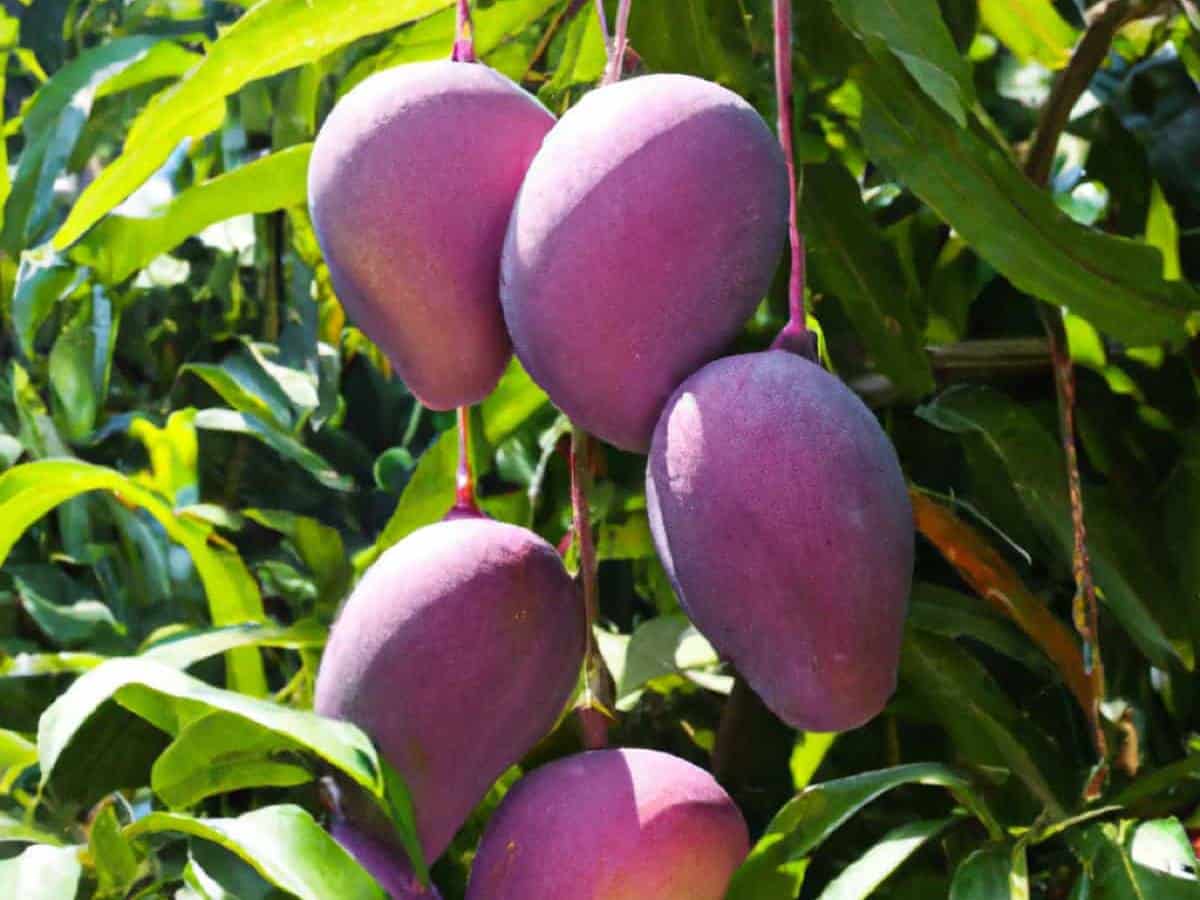
The mango season is upon us and the markets are flooded with mangoes of all varieties. India is the home of many exotic and diverse range of mangoes. According to the National Horticulture Board, India produces 1500 varieties of mangoes every summer. But there is one variety that is rarely seen in this country. That is called the Miyazaki Mango (which is originally from Japan) and it is reputed to be the most expensive breed of mango in the entire world.
As costly as a King’s ransom
The price tag for this mango ranges from a staggering Rs.2.75 to Rs.3 lakhs per kilo in the international market. Mangoes are called the King of fruits and in order to possess the prized Miyazaki mangoes, one has to pay a King’s ransom.
As the name suggests, it is not an Indian variety. It was developed in the town of Miyazaki in the Kyushu region of Japan. It is believed to have been developed by a group of researchers of Miyazaki University in collaboration with local farmers in the 1980s. But other reports originating from Japan suggest that an earlier variety existed as long ago as in 1870 during the Meiji period in Japan’s history.
Eggs of the Sun
In Japan it is called Taiyo-No-Tamago which means Egg of the Sun. The name was given to it because of its bright colour and its ability to last for a long time unaffected by pests or insects. The colour can range from purple to bright red according to the age of the mango. It usually starts off as a purple mango but as it ripens it often turns into a flaming red. A single mango could weigh about 350 grams and its peak growing season is between April and August.
In India, Miyazaki mangoes were first grown by a handful of farmers in Odisha and Bihar. They imported saplings from Japan. But due to its exorbitant price, buyers were very few. Initially the price was about Rs 10,000 per kilo for the home grown Miyazaki. Later orchard owners in Maharashtra, Andhra and Telangana also began cultivating these mangoes and the prices came down. But some say that the taste and texture of the Indian variety is not the same as the original Japanese ones.
Last year a fairly good quantity of Miyazaki mangoes were sold at the Mango Festival in Siliguri in West Bengal. But the farmers who grow Miyazaki mangoes have to guard their orchards with the help of security guards, dogs and CCTV cameras. Because determined thieves would probably move heaven and earth to lay their hands on these costly Eggs of the Sun.



